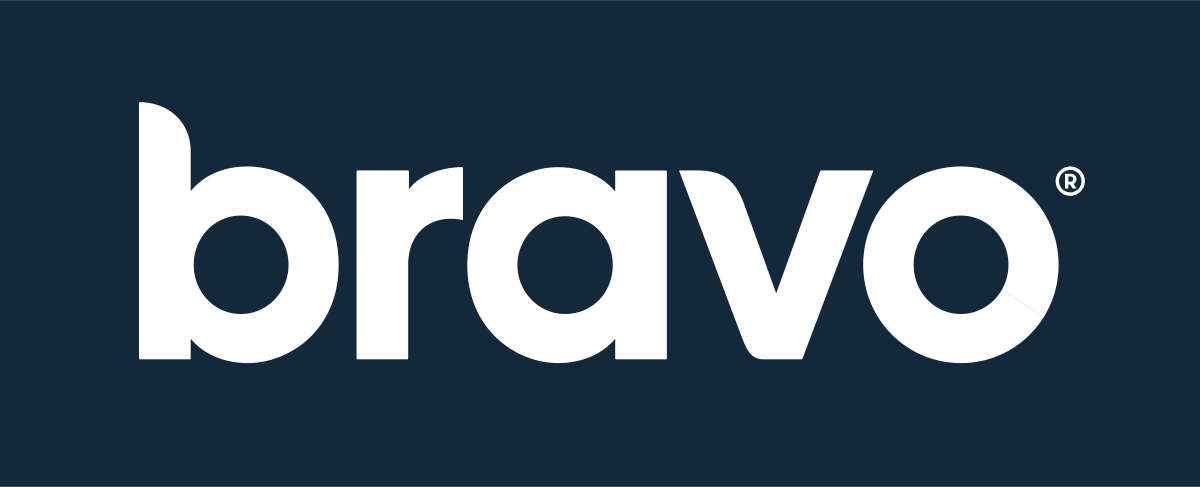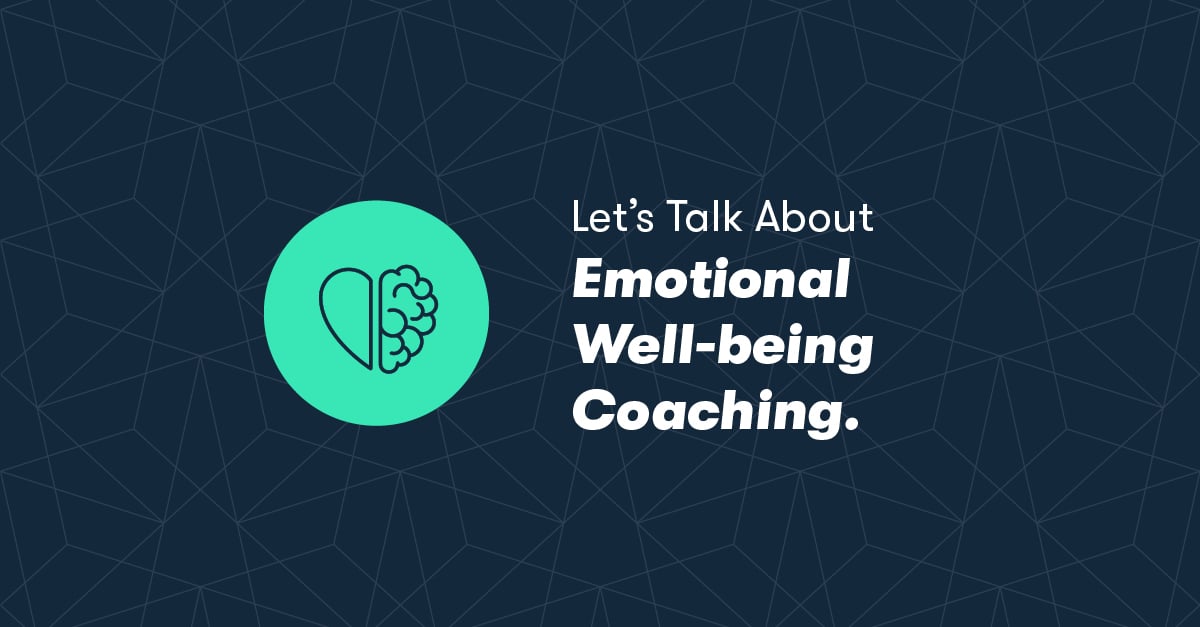We’ve all been there. Stress, worry, sadness and loss of motivation are emotional concerns that can affect anyone at any time. When our emotions become overwhelming, you may not know where to turn to get yourself back on track. Could it be time to explore emotional well-being coaching?
Counseling is a term we often hear a lot about. But what about emotional well-being coaching? How does coaching differ from counseling, and how can coaches even help? We have answers.
What is emotional well-being coaching?
Emotional well-being coaching provides participants with tools they can use in their daily lives to increase happiness, calm, and a peaceful mindset. It’s an excellent resource for those who struggle to manage stress, worry, and work/life balance.
Emotional well-being coaching uses proven modalities like Cognitive Behavioral Therapy (CBT) techniques, mindfulness, and motivational interviewing and provides homework assignments, articles, videos, and other resources to assist the participant in meeting their personalized goals.
Essentially, these coaches are there to equip you with the tools you need to thrive every day. Emotional well-being coaching is not a replacement for counseling.
How does emotional well-being coaching differ from counseling?
In both emotional well-being coaching and counseling, the intended outcomes can be similar: to help people live happier, healthier and more productive lives. However, emotional well-being coaching is not the same thing as counseling.
Counseling, also known as psychotherapy, is the process of meeting with a Licensed Mental Health Clinician for the treatment of diagnosable disorders.
If you are struggling with your own mental health, receiving the appropriate level of care is of utmost importance. If your emotional concerns affect your everyday functioning, counseling may be the best fit for you. Counseling can provide treatment for disorders such as depression or anxiety. Emotional well-being coaching can be appropriate for those in the maintenance phase of counseling who could benefit from ongoing practice and partnership.
The bottom line? Emotional well-being coaches offer valuable takeaways to help participants discover and achieve their potential. While counseling is more about healing from the past, emotional well-being coaching is action and future-oriented.
How do emotional well-being coaches help participants?
Emotional well-being coaches can help you improve how you think about and perceive life’s challenges. Coaches will work collaboratively with you to set realistic and achievable well-being goals. They may prompt you to think about where you can improve by asking meaningful questions to help you see your capabilities and potential.
In addition, coaches can aid you with the tools needed to be successful in managing your emotions in your day-to-day life. To maximize effectiveness, coaches may even recommend tasks to complete outside of coaching to practice what you’ve learned.
Coaches can also help you identify opportunities for improvement in your diet, sleep and exercise routine to help improve your emotional well-being.
What can I work on with an emotional well-being coach?
For example, you are feeling overwhelmed meeting the demands at work. Stress may be quickly spilling into your personal life. You may first notice a shortened temper with colleagues and then at home. You’re unsure of what to do next.
This is where emotional well-being coaching can be beneficial. Your coach will be a guiding light, listening and providing feedback as you navigate these obstacles. Your coach will teach you skills to better manage your emotions and time to help you feel less overwhelmed.
In essence, emotional well-being coaches bring clarity to what can seem like a never-ending sense of stress. Coaches are there to help you approach problems with a fresh perspective. They may also teach you positive coping skills to better equip you for life’s stressors.
How do I know if emotional well-being coaching is for me?
Emotional well-being coaching is a valuable choice for anyone looking to improve their quality of life. With an emotional well-being coach, participants can gain confidence, manage their emotions and achieve the goals they set for themselves.
Emotional well-being coaching could be a great option if you feel you could benefit from a greater sense of emotional stability but are not sure where to start.
As previously mentioned, the most important thing is accessing the appropriate level of care. Sometimes this may be coaching, and other times counseling may be best. If you’re unsure, your coach can help!
What can employers do to help employees with their emotional well-being?
We’re glad you asked.
It’s no secret that emotional well-being is a trending topic for HR and benefits teams everywhere. But some may be wondering, do employees even want emotional well-being support at work?
You bet. Now, more than ever, employees want and need emotional well-being support in the workplace.
A Shortlister survey of wellness trends for 2021 indicated that emotional well-being is a must-have item in a wellness plan, and the demand is only growing.
When building a wellness program, it is crucial to remember that not everyone has the same goals or faces the same challenges. Consider offering one-on-one coaching services that support weight, blood pressure or diabetes management and programs that keep their minds strong.
Learn More About Clarity, Cleveland Clinic’s Emotional Well-Being Coaching
Bravo is the only wellness company that offers Clarity, an emotional well-being coaching program developed by Cleveland Clinic.
Unlike other emotional well-being resources and services, coaches will determine your eligibility for the program through several validated assessments to measure depression and anxiety. These same assessments are delivered throughout the program to gauge progress and ensure participants continue to receive the appropriate level of care.
The Clarity program also deploys a unique two-tiered coaching approach, whereby the participant directly interacts with one coach, but an overseeing mental health clinician monitors all conversations to provide crisis intervention in case of emergencies and care escalation and referrals to employer-sponsored resources (e.g., EAP, insurance) when needed.
Watch the video to learn more.
Only when a wellness program is all-encompassing can employees identify and release what is holding them back in life, gain a new perspective and focus on becoming the best version of themselves both in and out of the office.
Want to get started building a happier and healthier culture? Let’s get to work.


